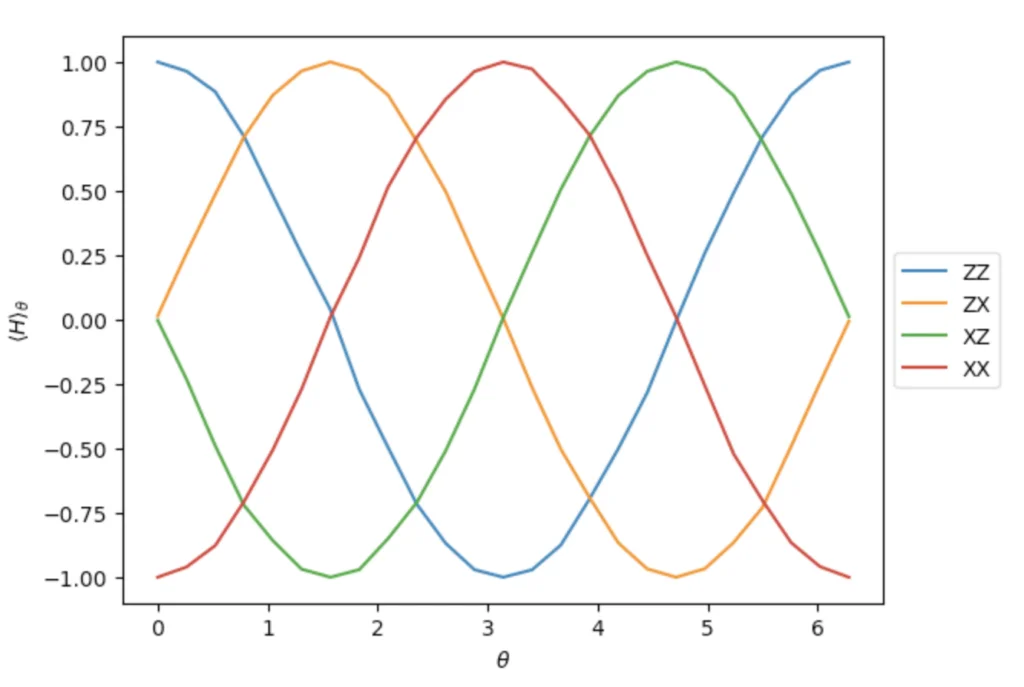Insider Brief
- The UK has appointed NPL to lead a £1.2m DSIT-funded project to build new metrology capabilities that support next-generation semiconductor and quantum-aligned innovation.
- The initiative brings together major industrial and academic partners to solve bottlenecks in material integrity, device reliability, and performance validation for advanced semiconductor materials.
- The project will develop new standards, testing methods, and national consensus processes to strengthen the UK’s global position in power electronics, RF communications, and optoelectronics.
- Photo from Pixels by Lina Kivaka.
PRESS RELEASE — The National Physical Laboratory (NPL) has been appointed by the Department for Science, Innovation and Technology (DSIT) to lead a £1.2 million Government-funded project to establish new metrology capabilities that will strengthen the UK’s semiconductor innovation infrastructure. This strategic investment will accelerate the UK’s role in developing next-generation semiconductor materials and processes, helping to attract private investment and boost economic growth in this globally competitive sector.
NPL will deliver this project in partnership with several industrial and academic partners spanning the entire innovation landscape – Vishay Newport Ltd.; GEN3; Custom Interconnect Ltd; Element Six; RENA; Viper RF; Keysight Technologies; the Henry Royce Institute; Power Roll; Poro Technologies; Oxford Instruments; Swansea University; the University of Cambridge; and the University of Warwick.
These capabilities are urgently needed to address critical bottlenecks in UK semiconductor innovation, such as ensuring material integrity and guaranteeing device reliability under extreme conditions.

Most semiconductors are made from silicon, a well-established material supported by a mature global industry, dominated by a few major players. However, many emerging technologies, from electric vehicles to 5G networks, now rely on more advanced materials such as compound semiconductors including gallium arsenide (GaAs), gallium nitride (GaN), and silicon carbide (SiC), which combine two or more elements, and perovskites, a class of materials defined by their crystal structure and increasingly used in solar panels and LEDs. These materials excel in high-performance applications where speed, optical precision, and energy efficiency are critical. Growing demand for emerging technologies is accelerating innovation in the use of advanced semiconductor materials and their supporting processes, from prototyping to fabrication and performance verification.
To fully harness the potential of these advanced semiconductor materials, robust standards and access to measurement capabilities are essential. Standards provide benchmarks to verify that semiconductor innovations work, building industry confidence, and derisking investment. They also allow the structure, performance, and reliability of advanced semiconductor materials to be compared across applications, supporting process optimisation, and ensuring interoperability, so players across complex supply chains can work together effectively. This rapidly expanding field represents a major opportunity for UK leadership.
Under this new project the consortium partners will accelerate the UK ability to capitalise on that opportunity by:
- Combining the academic expertise of the consortium’s university partners with NPL’s world-class metrology experience to create new UK measurement capabilities for advanced semiconductor materials. These include new measurement and test capabilities for the UK semiconductor innovation ecosystem and new metrology methods that can address key challenges for the adoption of advanced semiconductor materials globally.
- Applying these capabilities to address critical bottlenecks in UK semiconductor innovation. These challenges range from assessing material purity and testing the reliability of new devices under thermal and electrical stress, to verifying the integrity of radio frequency signals and developing standardised methods for evaluating the performance of emerging materials.
- Sharing these new capabilities with industry partners through open dissemination and collaboration to build a national consensus that shapes the UK’s input into international standards committees and strengthen its role in developing international standards for advanced novel semiconductor technologies and the processes to support their application in industry.
The semiconductor industry is evolving rapidly, driving breakthroughs in AI, quantum computing and advanced electronics. To compete globally, the UK must harness its strengths in research, innovation and precision measurement. Standards are key because they provide the framework that ensures reliability, interoperability and confidence across complex supply chains.
This project brings together NPL’s world-leading metrology expertise with the technical capabilities of UK academia and industry to define standards for next-generation semiconductors. By doing so, we give the UK a strong global voice in shaping how these technologies are developed and adopted, strengthening supply chains, attracting investment and enabling British innovation to lead internationally,” says Gareth Edwards, Head of Advanced Manufacturing and Materials Strategy at NPL.
Through extensive consultation between 2023 and 2025, NPL and its partners have identified three application areas where the UK can have the greatest global impact and on which the project will focus:
- Power Electronics – Driven by demand for electric vehicles and sustainable energy systems, this field relies on materials such as GaAs, SiC and GaN. Yet, there are currently no independent methods to verify key aspects of manufacturing, such as in-process defect detection and high-voltage reliability.
- Radio Frequency (RF) Communications – The need for power-efficient, high-frequency communications devices in space and defence continues to rise, demanding new methods to verify performance at ever-higher operating frequencies.
- Optoelectronics – Advances in display, lighting, sensing, photovoltaics, and optical communications all depend on new light transmitting materials. Characterising their performance is vital to speeding up adoption and deployment.
Minister Narayan said — “This project is a prime example of government investment in the UK’s semiconductor innovation infrastructure that will secure the UK’s status as a world leader in semiconductors and help boost economic growth. By supporting the establishment of cutting-edge measurement capabilities at the National Physical Laboratory, we’re accelerating the UK’s role in producing vital next-generation compound semiconductors and building greater resilience in our supply chains for critical technologies.”















